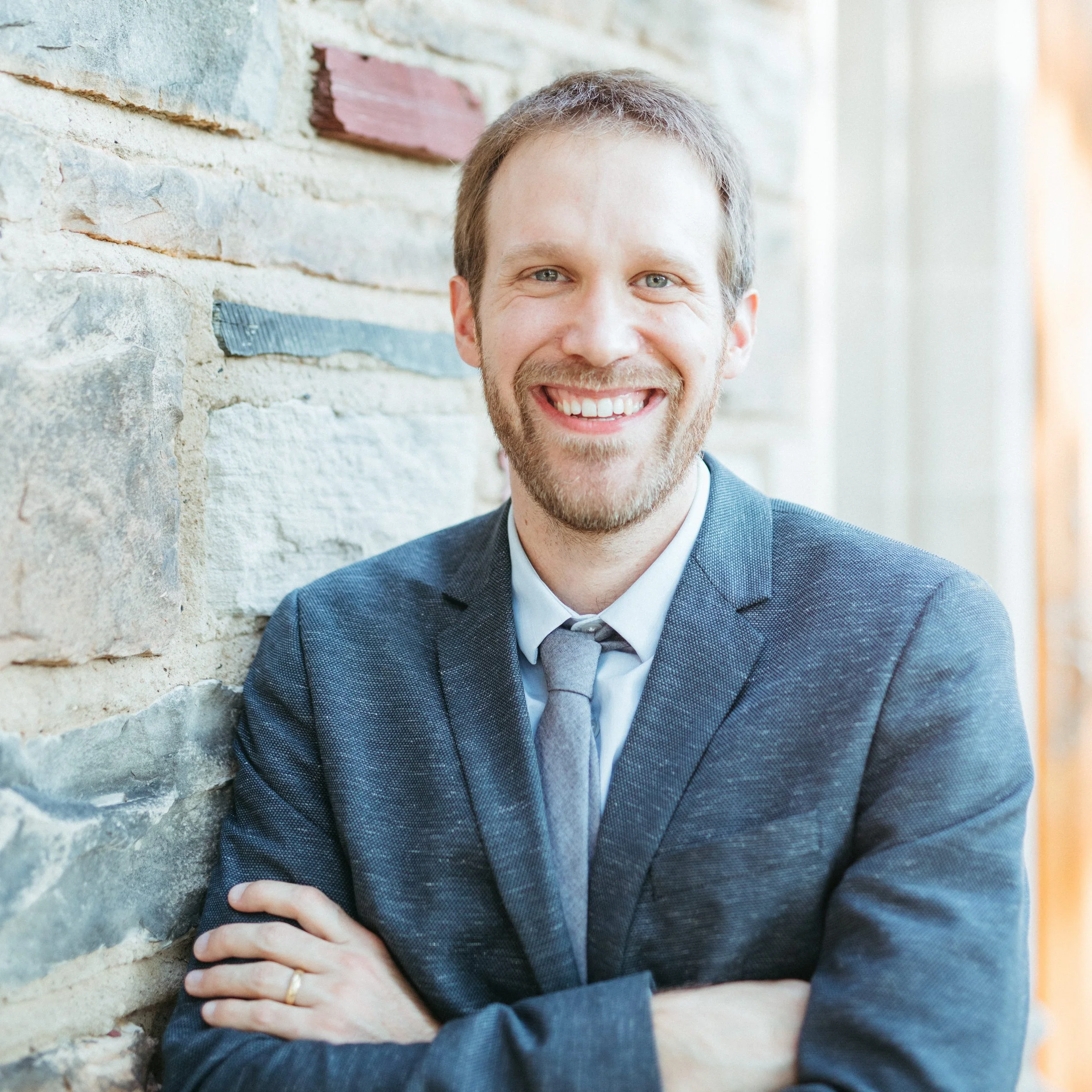By Aaron Stauffer
CONTINUING TO FACE THE CHALLENGES
Last Spring Religions for Peace USA’s Executive Council approved and adopted a strategic plan that named five specific challenges that face its interfaith activism and work for peace. Those challenges were as follows:
Changes in religious demography
Individual discernment and decline of traditions
Rise of intra- and inter-religious conflict
Connecting locally and globally
Redefinition of the U.S.’s role in the world
With the New Year comes new beginnings and fresh assessments of how we’re doing. As past-moderator Dr. Tarunjit Butalia suggests in this issue of Connect, the work of interfaith activism, working toward a just peace through and within our various religious traditions, is an historic struggle – one that connects us to the past and propels us into the future. Connect is becoming an increasingly more relevant avenue for this sort of assessment and discussion.
This past May, local affiliates of our primary project, Our Muslim Neighbor, attended a forum in Manchester, Tennessee, on the issue of hate crimes against Muslims in Middle Tennessee. I was able to attend the forum. Now, nearly 7 months later, the images, sounds, and emotions of that evening lie at the heart of the impetus in RFPUSA’s work with OMN. As the religious landscape of our nation continues to morph and becomes increasingly diverse, people of faith and goodwill have a special role to play in ushering in and forming how communities look and act toward the underrepresented, those who face the brunt of the world’s prejudices and hate.
A Muslim iftar is celebrated with members of the interfaith community in Nashville, Tennessee, last year.
Middle Tennessee, in regard to Islamophobia, is a primary site where the work is badly needed. Our Muslim Neighbor is entering its second year of full implementation on the ground. We are hiring full-time staff, coordinating media trainings and Collective Impact facilitations. This project faces many of the challenges listed above – especially increasing diversity and religious conflict. But part and parcel of this project is the deepening of religious identities, out of which rich interfaith exchange occurs.
Interfaith exchanges occur with the religious other. In November, the 9th World Assembly of Religions for Peace took place in Vienna. As was reported by executive director Rev. Bud Heckman’s article, an overview of the momentous event, we can learn much about the movement as a whole from these seldom occurring, special events. And, if we pay attention, we can also anticipate where our movement is headed.
With the rise of social media and its undeniable incorporation into our everyday life, communicating with and to others is now mediated through social media mechanisms that impact our relationships. Social media seems to enhance and limit our communication – we can, as RFPUSA recently did in our December Webinar with top Iranian specialist Dr. Amir Akrami, discuss international issues with others far from us. These discussions offer us information and education. But for our movement to enact itself on the ground, we need both educational and experiential moments. The unique offerings of our webinars and RFP World Assemblies are important. We need to promote our goals through our communications. But nothing replaces face-to face exchanges, which undeniably reconfigure our presumptions of the religious other. RFPUSA’s webinars are preparatory for deeper work.
Note the article on our upcoming week’s worth of webinars with top interfaith activists and academics during the U.N. World Interfaith Harmony Week in early February. These webinars play a pivotal role in RFPUSA’s work to connect our local world with the larger global religious community. Learning about new horizons in the interfaith movement is a basic step in the process of helping to disseminate and promote RFPUSA’s work. So, spread the word on these webinars!
As we go into 2014, the challenges outlined by the Executive Council still hold true. Our continued presence in Middle Tennessee, the growing impact of our webinars, and smaller projects like this publication, Connect, depend on your support. We look forward to another year of working with and for you in bringing about peace in our religiously diverse world.


